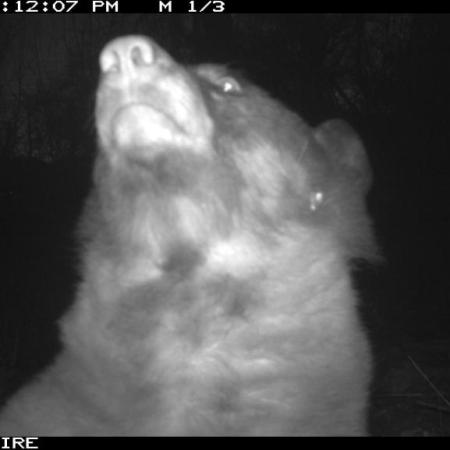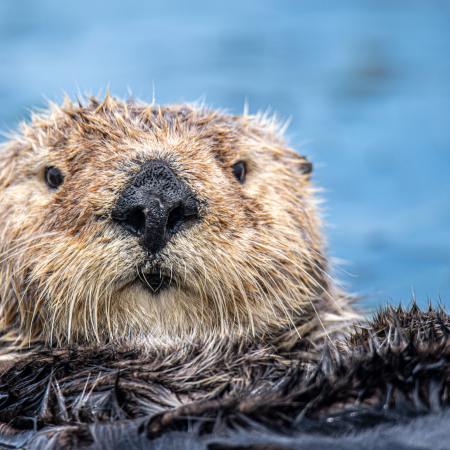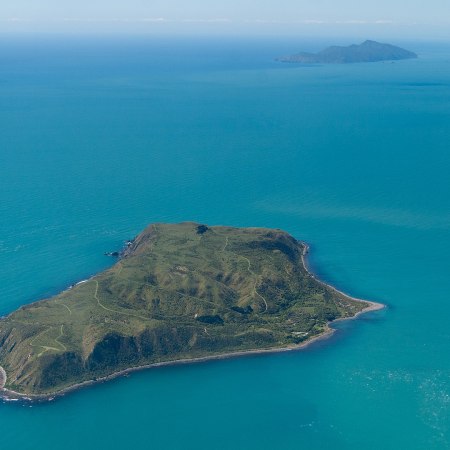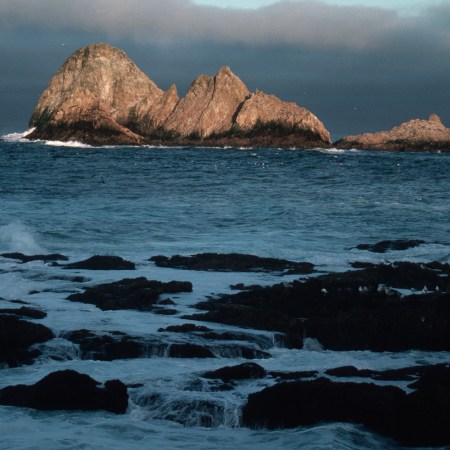Glass garages are springing up in the small towns near the border of one of South Africa’s biggest game reserves. The owners want you to be able to see their sports cars. Kruger National Park is home to a threatened and rare species of animal, the rhino, and the people who poach them are getting rich off their horns, which can fetch around $70,000 a kilo. As a result, communities surrounding the park are transforming. Poaching money is not just buying mansions and fast cars; it’s also raising living standards. That the illegal practice is happening is an open secret. Within the park itself, a war rages between the poachers and the rangers trying to keep the animals alive.
Georgina Savage’s consummate and comprehensive podcast, The Invisible Hand, grants the listener a front-row seat to this conflict. Born in Johannesburg then moving to Australia at the age of six (picking up the accent you will hear in the podcast’s narration), Savage was drawn back to the country in which she grew up. “The Kruger has always been embedded in my childhood experience; in my sense of home, or at least my home country,” she says over the phone. Seeing the poaching saga painted as a one-dimensional fight between good and evil, she travelled to the Kruger – where her cousin’s husband Greg is a ranger – in order to investigate the full story.
Over more than nine hours, Savage teases out an absorbing narrative about the horrendous rise in rhino horn poaching. The majority of the world’s rhinos live in South Africa, and the crime is now so rampant that the animals are at risk of extinction. Rangers protect them with heavy guns and numerous people on both sides have been killed. Embedded largely in the section of the park that is on the border with Mozambique, Savage spends weeks in conversation with not just rangers and academics but also two poachers themselves.
Going into the project, Savage tried to remain open-minded about casting heroes and villains despite being well aware that poachers do horrific things to animals. One of the most affecting sections of the podcast is one in which Savage is called to see a rhino that has been killed for its horn. The death of a poached rhino is often slow, the horn hacked off with axes while the animal is still alive. The rhino Savage was called to see happened to be pregnant. “It’s probably one of the most shocking and gruesome things I’ve ever seen,” she says. “You immediately get hit with this deep grief and sense of loss from the innocence of the animal.”
Beside vets who stroked the dead mother rhino as though it were still alive, Savage watched the baby being cut out of its embryonic sac and falling to the ground. “It looked like a baby dinosaur that had just cracked out of an egg,” she says. She had been expecting for a while to see a dead rhino but when it happened it was difficult for her to comprehend. Had it been born, the baby would almost have been old enough to survive.
The poachers target rhinos because of the astonishing value the market places on rhino horn. The horns are taken to the port or airport in South Africa, then smuggled to traffickers in places like China, the biggest market for the product. Savage says that there is a growing market for rhino horn in the Middle East and that the wealthy elite use it as a status symbol. In Vietnam, she says, an unsubstantiated rumour that rhino horn cures cancer seems to have accelerated the extinction of the rhino population.
Before she spoke to poachers, Savage thought that the crime was a simple act of desperation. She learned that a lot of the poachers come from the west side of the Kruger, and went with her fixer Domingos to Sabie village in the Maputo district. The only poacher willing to admit to being a poacher on tape was the same age as Savage. His wealth and the colour of his skin meant that he always had poorer prospects than Savage, who lived not far away when she was young.
Communities like Sabie used to be “currency-less,” reliant on agriculture, but now extreme droughts are threatening the industry. Poaching looks more and more appealing. And here Savage encounters one of the more interesting conversations: the poachers aren’t necessarily poaching simply in order to survive; they’re poaching in order to thrive. Seeing the flaunted lives of westerners and being promised riches for their dirty work, the men who poach aren’t necessarily spending their earnings on grain for their family but on status symbols in order to raise themselves out of the village.
This is a landscape in which fascinating moral judgments are made. Savage says that whereas white westerners may feel as though they deserve to thrive, eating expensive meat while not worrying about its providence, the rules seem to be different for those on the other side of the world: “African people and poor people should be content with just surviving” is the subtext Savage detects in the dialogue. There is a queasiness about poachers killing rhinos in order to enjoy a good life. When poachers are killed, Savage watches the coverage. It is celebratory. African Black people, she notices, are painted as “barbarians and as non-human.”
This isn’t in any way to suggest that Savage condones poaching. But she understands, in large part thanks to spending months in the thick of the action, that the environment in which it occurs is more complicated than people would like to believe. One of the most interesting conversations on the podcast is one in which Greg, Savage’s ranger cousin-in-law, thinks that any comparison between rhinos being killed for their horn and cows being killed for their meat is ludicrous. His emotional response is telling: people are quick to excuse their own behaviour and much slower to excuse others’.
As the conflict sees both sides become more militarized, it is impossible, Savage says, to propose a solution that simply involves the poachers putting their guns down. In order to end rhino poaching — an eventuality that Savage desires — the demand needs to be eradicated. Savage thinks that farming rhinos before reintroducing them to the wild may be the only solution. More rhinos means less threat of extinction, of course, but also the devaluing of the product itself. As the horn becomes less scarce, it becomes less valuable.
A searing honesty runs through The Invisible Hand — one that refuses to see poaching as a simple character flaw or a uniquely South African problem. The poaching crisis is inseparable from the Black Lives Matter and the devaluing of African lives; it is inseparable from the climate crisis; inseparable from discussions about Universal Basic Income; inseparable even from the impact of social media. Speaking to her guests, Savage appreciates that there are no easy solutions. But at least by recognising what the problem is, an answer may be easier to find.
This article was featured in the InsideHook newsletter. Sign up now.






















